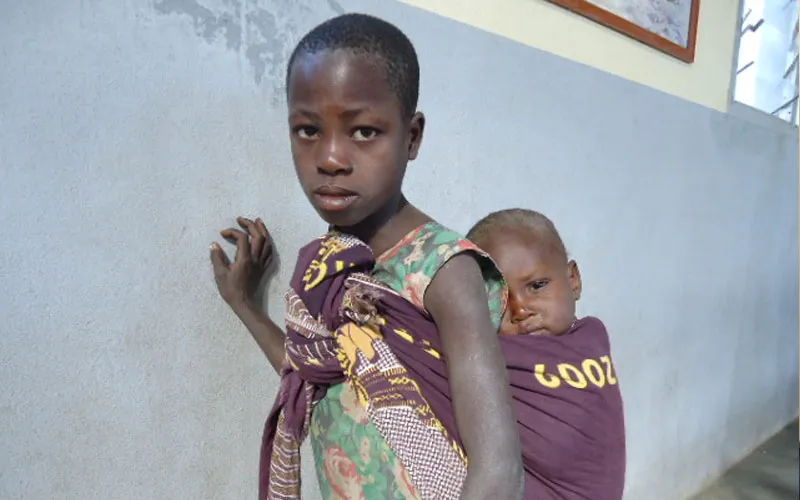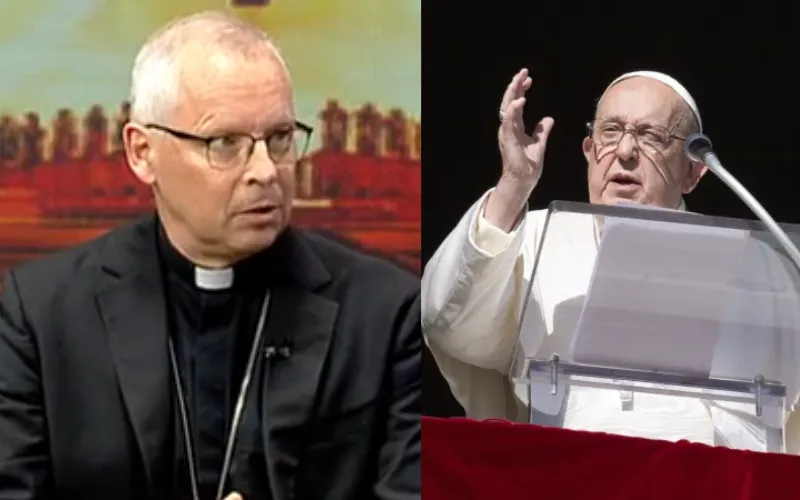Maputo, 07 November, 2021 / 8:30 pm (ACI Africa).
Pontifical and charity foundation, Aid to the Church in Need (ACN) Italy, has approved two major projects that seek to abate the humanitarian crisis in Nigeria and Mozambique where insurgents have displaced locals from their homes.
In Northern Nigeria’s Borno State where Christians continue to be persecuted reportedly by members of Boko Haram, ACN is fundraising to construct a well at St. Paul’s Catholic Church in Pulka, to provide water to people who have been displaced from their homes.
In a Friday, November 5 report, ACN Italy reported that the Nigerian Catholic Parish is strategically positioned to provide drinking water to people fleeing violence in Borno State before they proceed to other places for safety.
“St. Paul’s parish in Pulka, Nigeria, is on the flight path of Christians leaving the city of Maiduguri in search of a safe place. Attacks by Islamic terrorists are rife and the Parish’s Priests are in urgent need of drinking water for the refugees,” the charity organization says, and adds, “ACN is reaching out to benefactors and the Italian Catholic community to raise the funds needed to build a well equipped with a pump powered by solar panels.”
The organization reports that local and transnational jihadist groups “systematically” persecute in many areas of Africa both Christians and Muslims who do not accept their extremist ideology.








